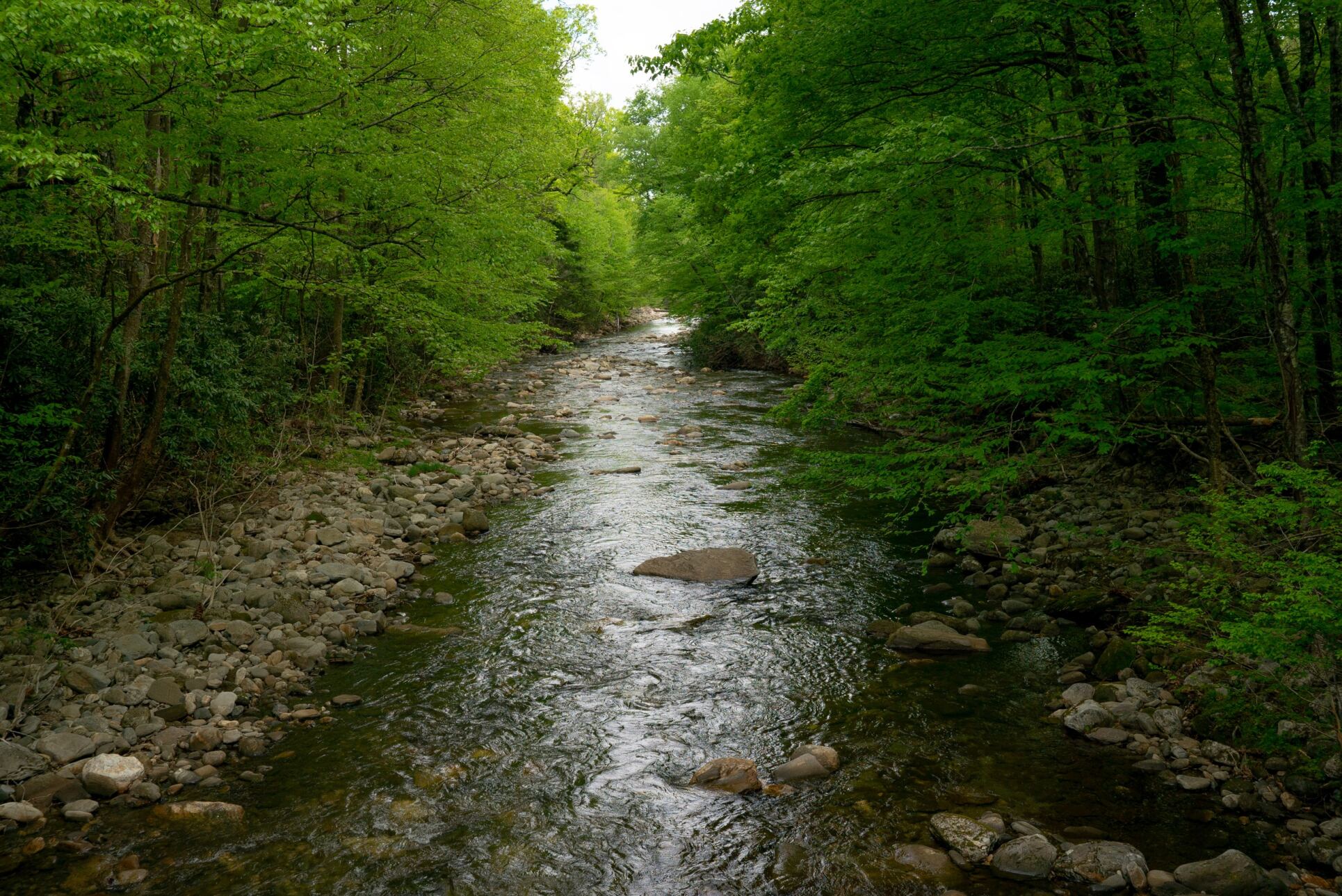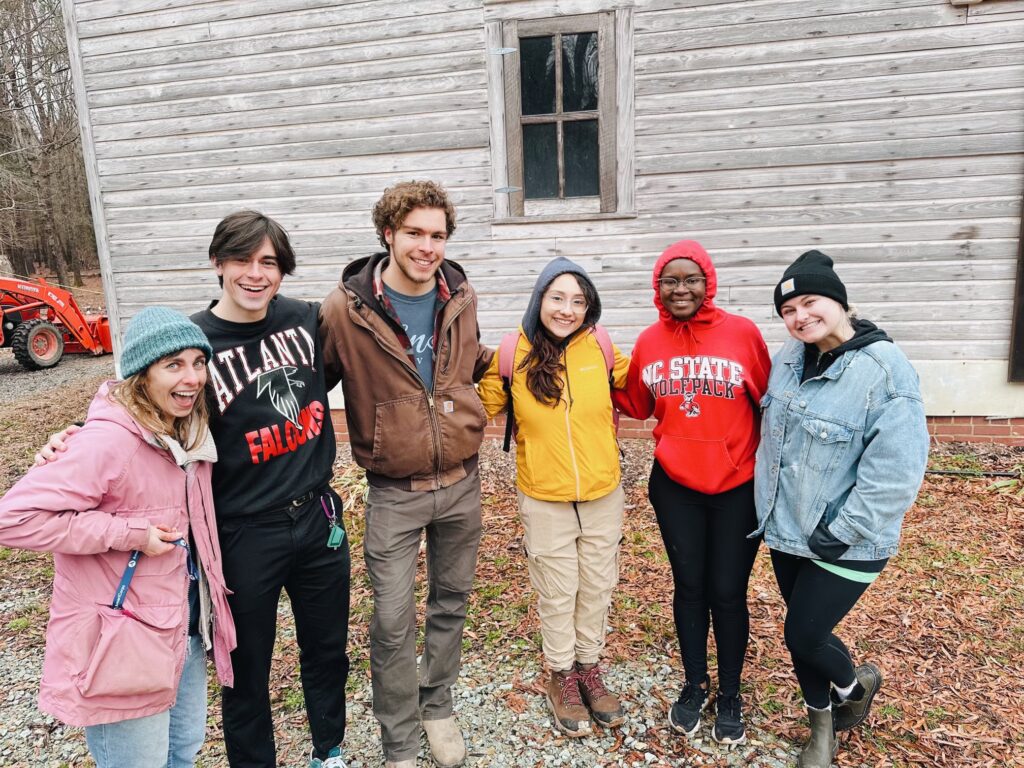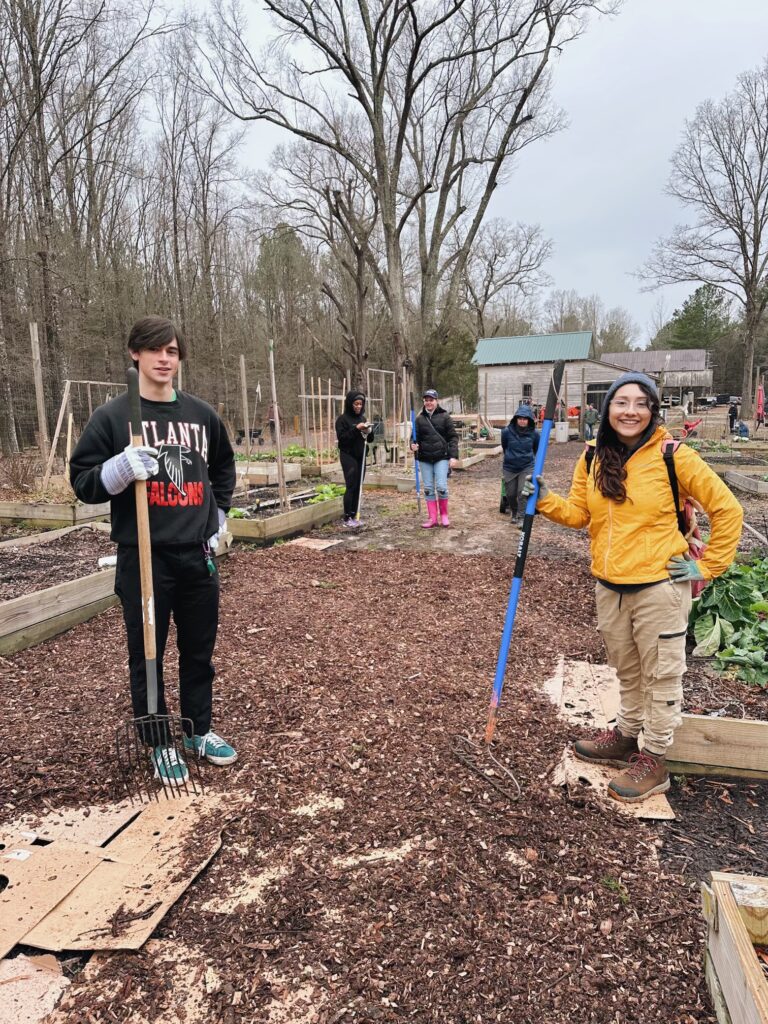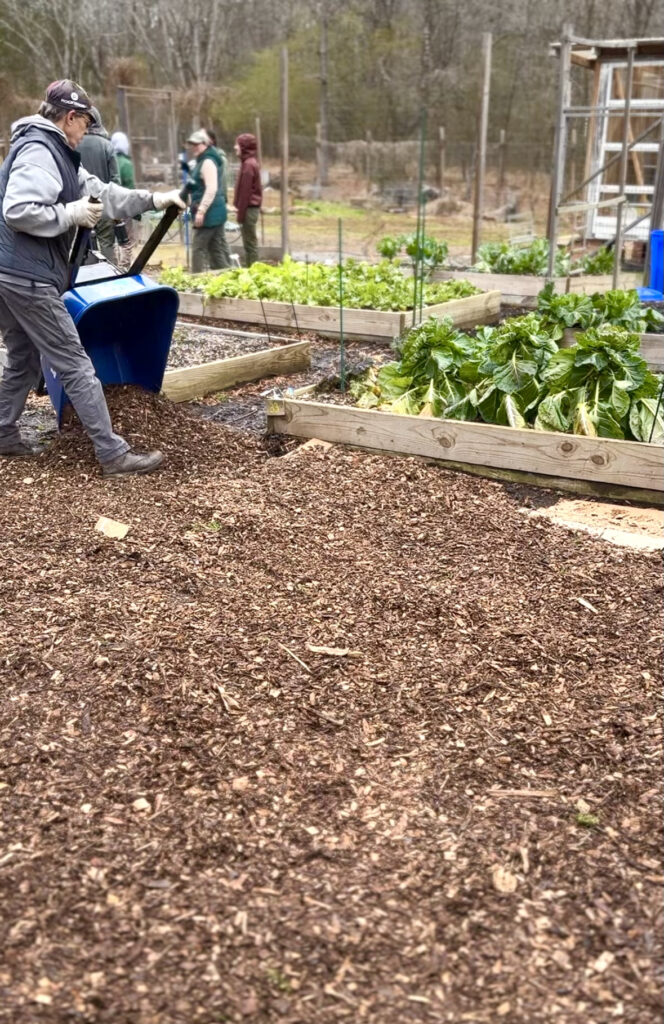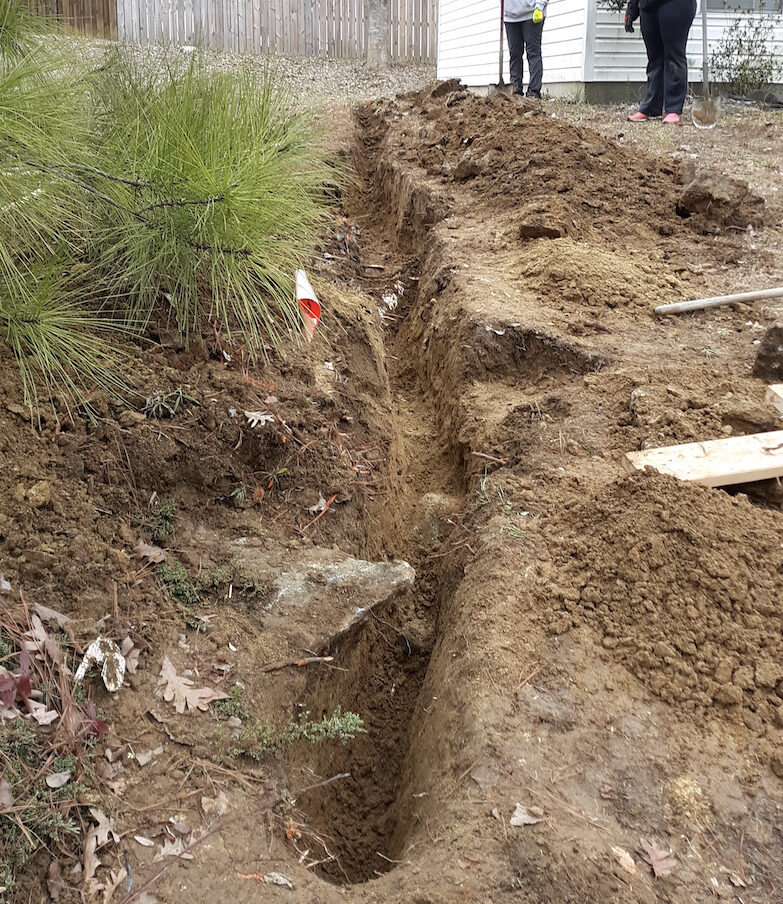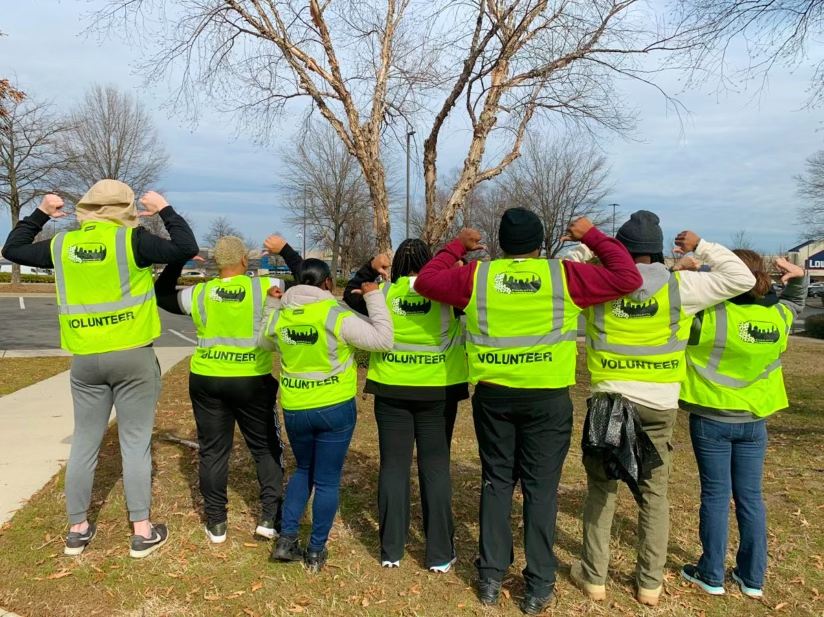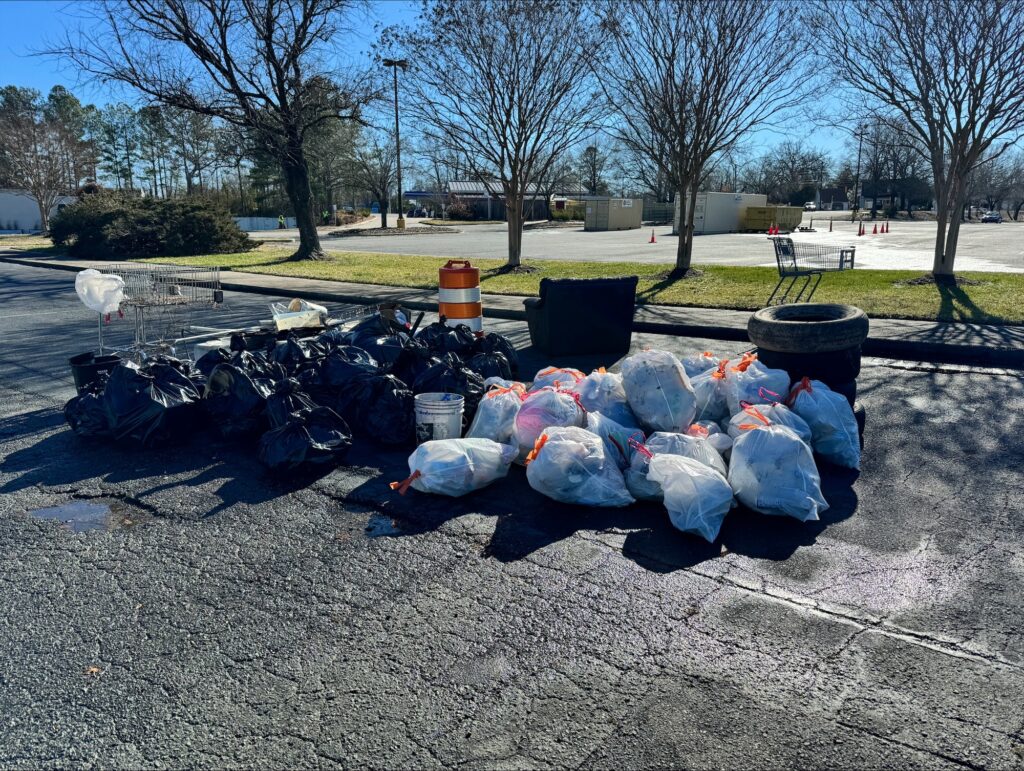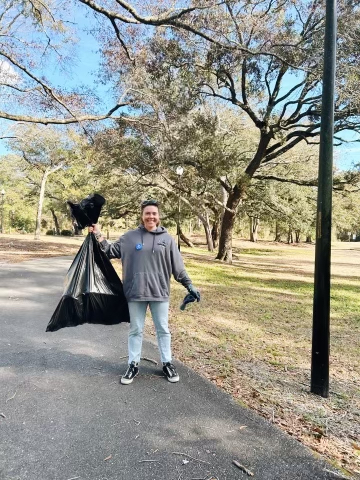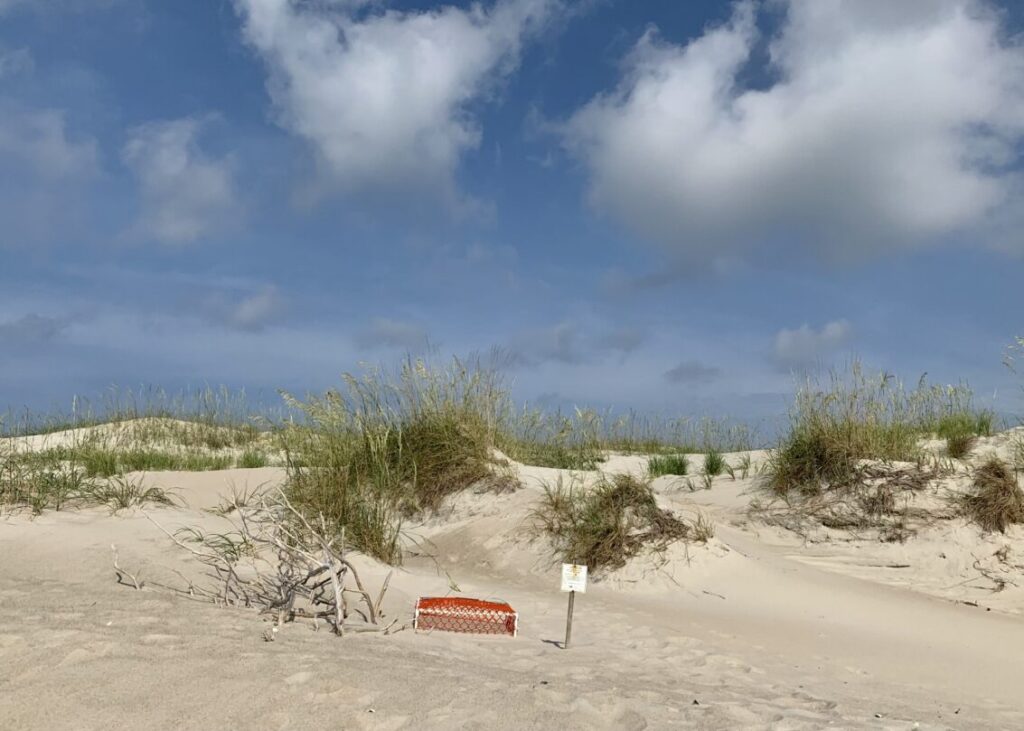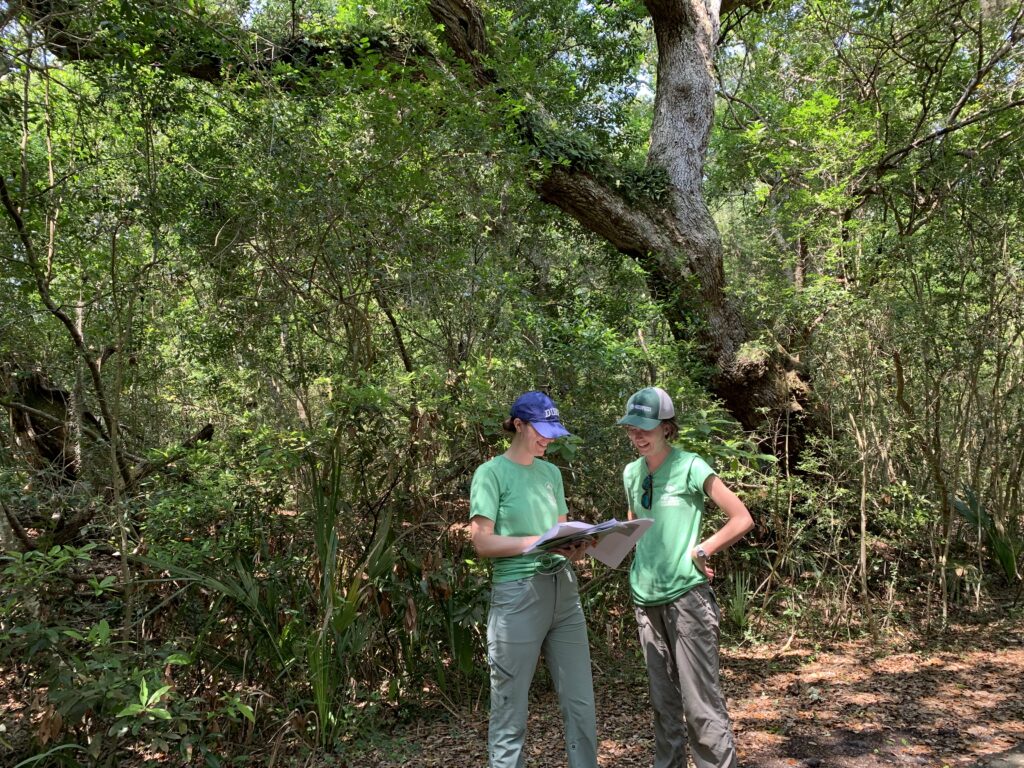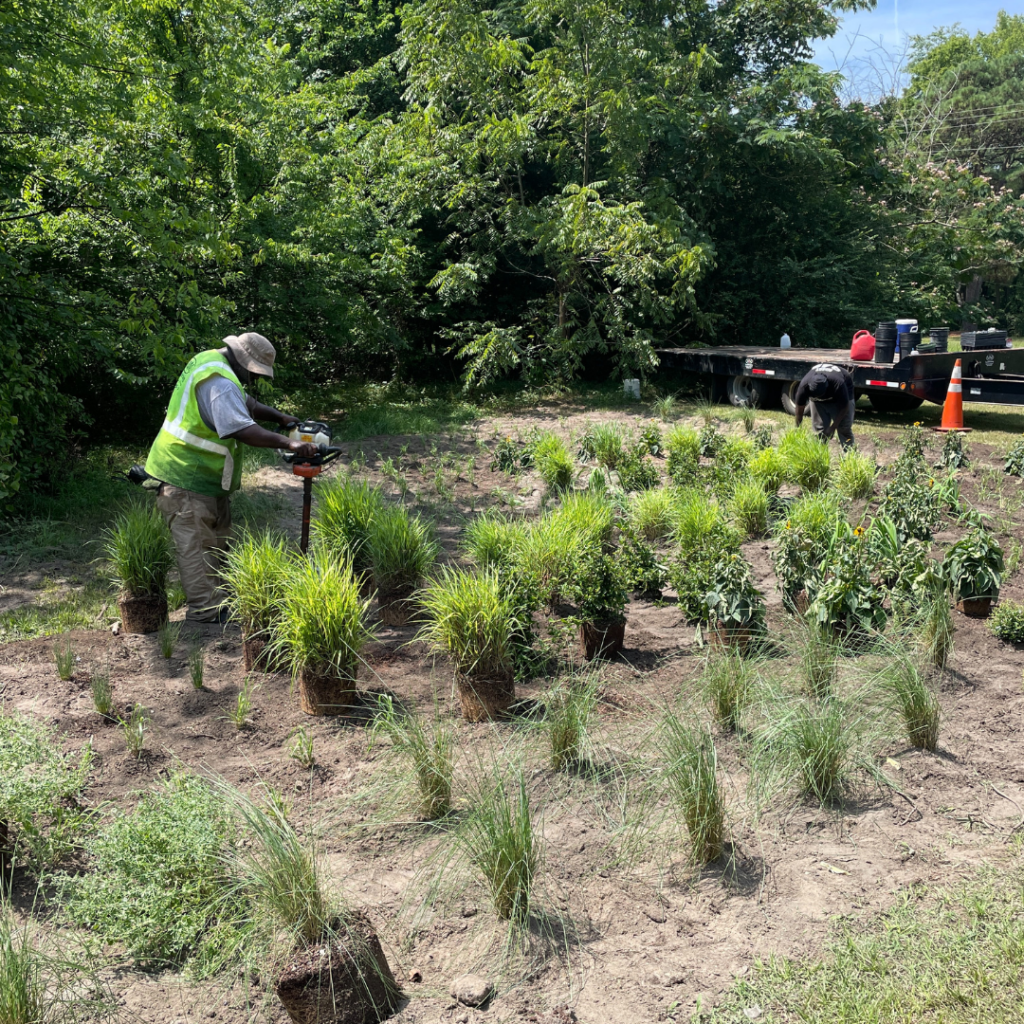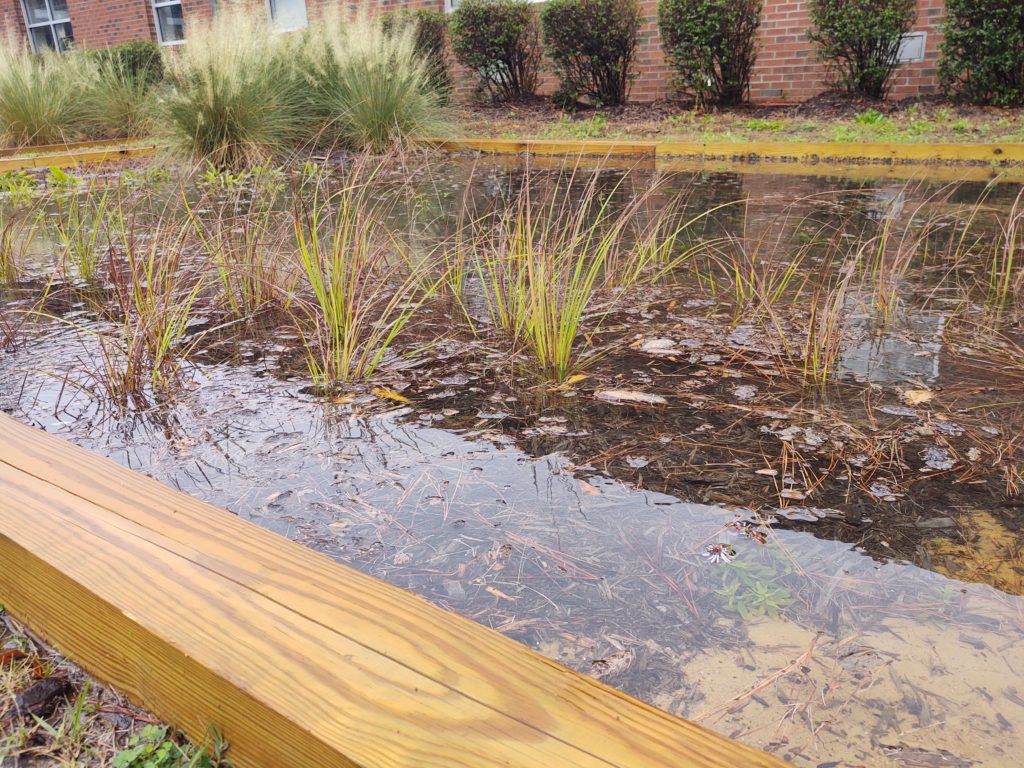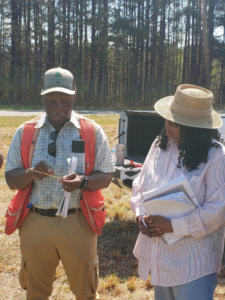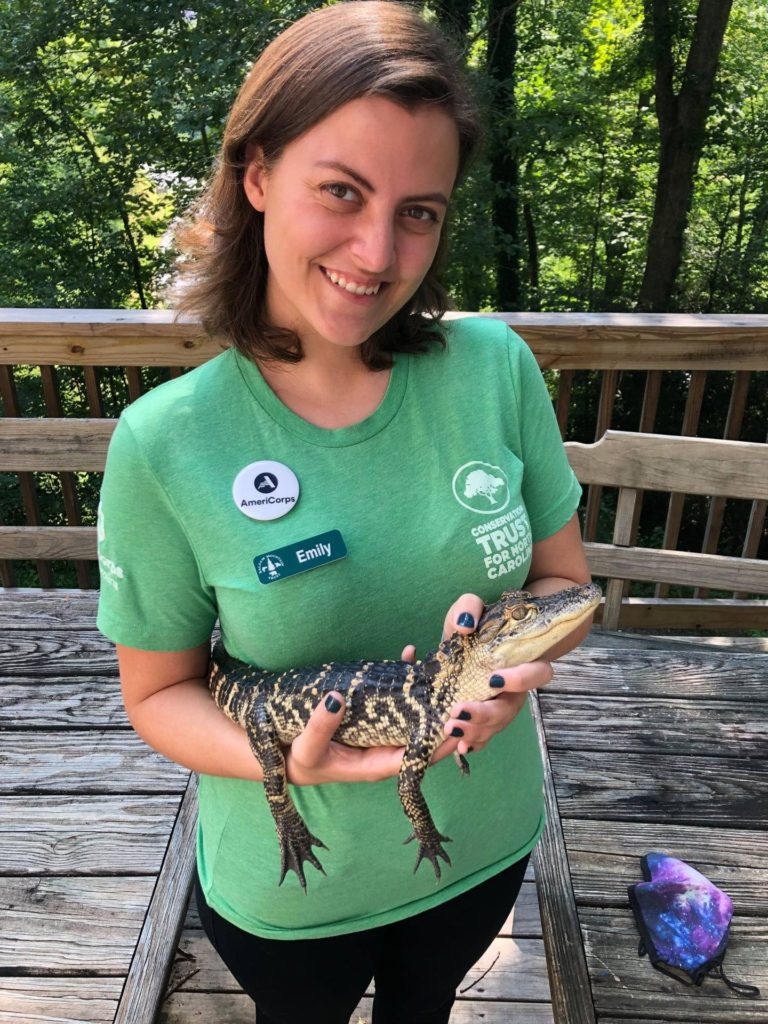In response to increasing climate risks, state leaders will deploy tools to help communities impacted by flooding across the state
In a state that often experiences the unpredictable forces of nature, North Carolina stands at the forefront of climate resilience with the Flood Resiliency Blueprint – an effort launched by the NC General Assembly and the NC Department of Environmental Quality. Representing the largest statewide flood mitigation investment in its history, this initiative is designed with the goal to revolutionize how communities are resourced to respond and recover to climate change-caused disasters.
Historic flooding events over the years have left many communities across North Carolina in a state of long-term recovery. Day to day, nuisance flooding challenges towns from the mountains to the coast, disrupts the livelihood of North Carolinians. With the increased severity of rainstorms, flash flooding, hurricanes and extreme weather events, action must be taken to ensure that communities can become more resilient to current and future events.
Serving as an online decision-support tool, the comprehensive statewide flood resilience blueprint will provide policymakers and stakeholders with the knowledge required when making decisions related to flood management. The tool will allow communities to use this resource to understand adaptation and preparedness for extreme weather events.
The blueprint aims to reduce North Carolina’s annual losses to lives, property and livelihood because of extreme storms and flooding events, and their overall vulnerability. Another goal of this initiative is to decrease the weight of taxpayer dollars used to rebuild infrastructure damaged in said events. The strategic investments to flood resilience planning in specific areas of the state will benefit multiple departments, including water quality, the local economy, the public health system and outdoor recreation.
Funds allocated to the NC Department of Environmental Quality by the North Carolina General Assembly allowed this initiative to advance, evolving the project to the next step of involving stakeholders in developing the tool. The blueprint is a culmination of collaboration from local and state agencies, along with CTNC, combining shared resources and knowledge to be utilized on one shared platform for all. The primary objective is to empower decision-makers at each level with the tools and strategies required to mitigate flood risks effectively.
Nuisance flooding is a direct result of a changing climate, where change is needed now more than ever. Combatting the impacts of flooding is an issue CTNC is not new to. In Eastern NC, Princeville, located alongside the Tar River, was hit by Hurricane Matthew in 2016, leaving the town in disarray from flooding. The collaborative partnerships with Princeville after Hurricane Matthew showed that flood resiliency is attainable. The initiative of a statewide action to combat flooding drives CTNC’s goal of fostering community resilience through climate action.
In response to the flooding events in Edgecomb County, CTNC, in collaboration with NC State’s Coastal Dynamic Design Lab, created the Princeville Floodprint. The goal of this project was to mitigate the impacts of flooding and involve the local community in efforts to strategize and prepare for future flooding events. This project supported state agencies and local leaders to effectively engage in a community resilience framework.
With the North Carolina Flood Resiliency Blueprint, multiple communities will be offered support like the model created by the Princeville Community Floodprint. Replicating this process on a broader level will allow the project to evolve into a larger, statewide movement with similar seeds of success seen in Princeville.
As the next steps of the blueprint unfold, the State has identified six river basins to engage more deeply with community and elected leaders to better understand the scope and scale of flood resiliency planning and investments.
With a clear, unified framework in place, lives and communities will be better prepared and protected from nuisance flooding. North Carolina will serve as the groundwork for the first-of-its-kind flood resiliency program, that could aid other states across the country in preparing for the future of their respective communities.

